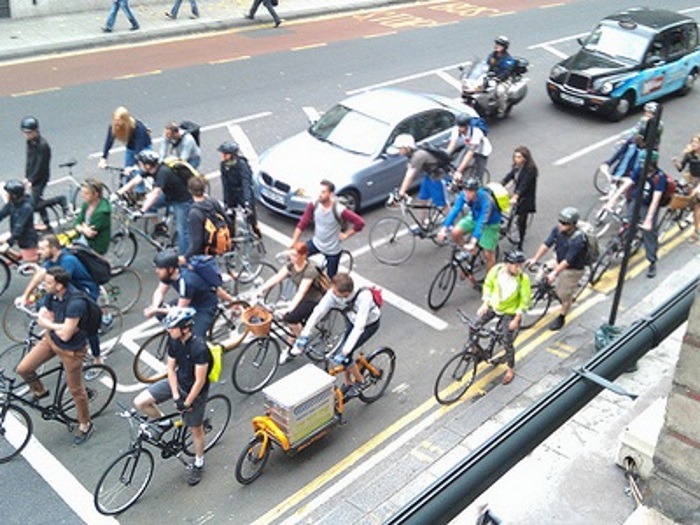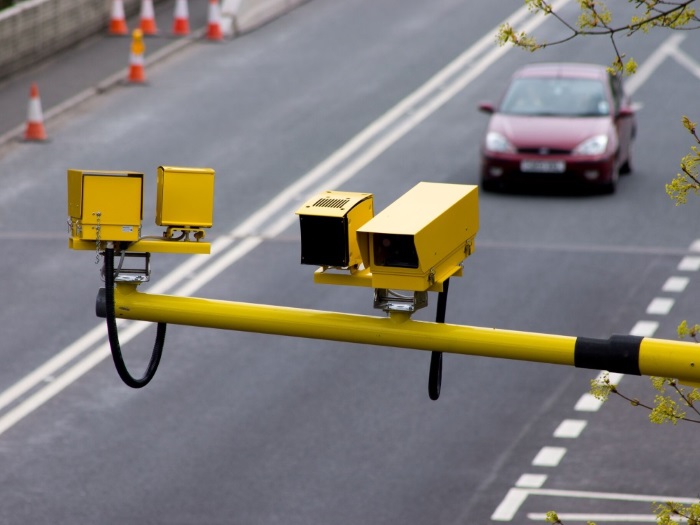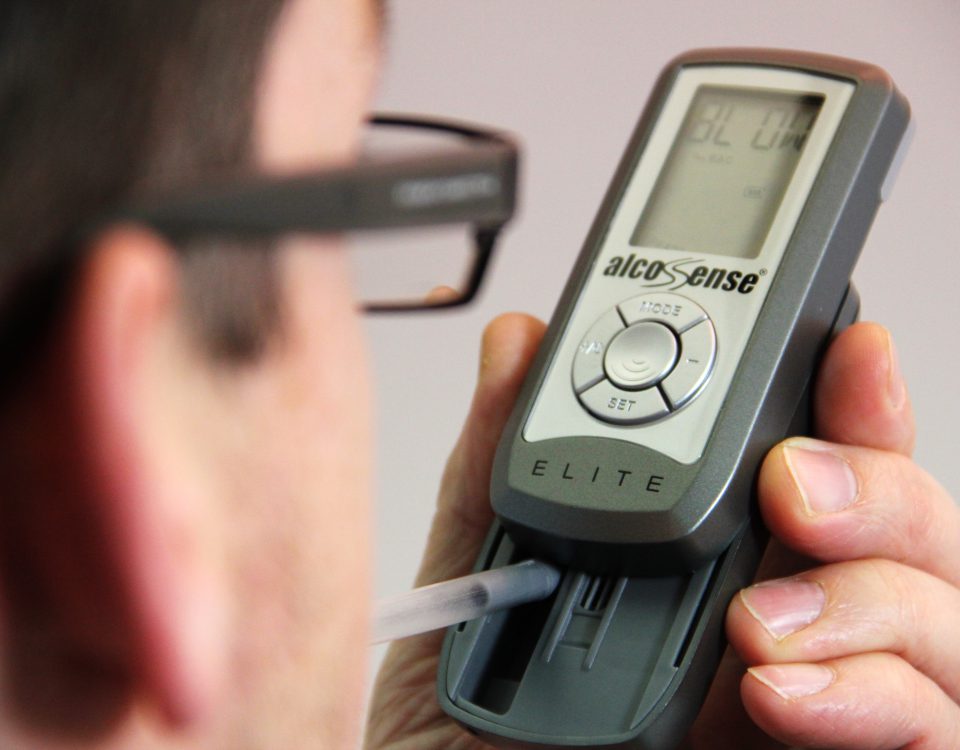
PACTS publish report by Road Safety Analysis
May 8, 2013
New Index Launched Today
August 30, 2013Rural Young Drivers Research 2013
Road Safety Analysis have published results from a comprehensive piece of primary research that looks into the risks posed to rural young drivers. Building on the success of the [2012 analysis] produced for the BBC's Countryfile programme, the new study analyses the problems faced by young drivers with the conclusion that young rural drivers nearly twice (44%) as likely to be involved in a collision compared to young urban drivers.
More likely to hold a full driving licence than urban young people
More likely to be involved in a collision on rural roads than urban young drivers
More likely to be involved in a collision on 60mph roads than urban young drivers
More likely to be involved in a collision in the dark than urban young drivers
The research found that many of the attributes of young driver collisions are far more over-represented amongst rural young drivers than urban young drivers. Rural young drivers are more likely than urban young drivers to be involved in collisions involving:
Rural roads
Rural young drivers are 58% more likely to be involved in a collision on rural roads than urban young drivers (and 1% more likely than rural adults)60mph roads
Rural young drivers are 68% more likely to be involved in a collision on 60mph roads than urban young drivers (and 11% more than rural adults)No other vehicles
Rural young drivers are 28% more likely to be involved in a single vehicle collision than urban young drivers (and 45% more than rural adults)Providing positive breath tests
Rural young drivers are 16% more likely to provide a positive breath test in a collision than urban young drivers (and 46% more than rural adults)Bends
Rural young drivers are 52% more likely to be involved in a collision on a bend than urban young drivers (and 42% more than rural adults)Darkness
Rural young drivers are 63% more likely to be involved in a collision in the dark than urban young drivers (and 45% more than rural adults)Loss of control being the top contributory factor
Rural young drivers are 28% more likely to have ‘Loss of Control’ as a contributory factor than urban young drivers (and 34% more than rural adults)Wet road surfaces
Rural young drivers are 16% more likely to be involved in a collision on a wet road surface than urban young drivers (and 13% more than rural adults)Earlier driving licensure
Rural young people are 89% more likely to hold a full driving licence than urban young people.
The final point regarding licensure is an entirely new analysis only made possible thanks to the sharing of information by the DVLA (driver licences number by age by Lower Super Output Area).
As guidance for the road safety community, the study has revealed the top 10 riskiest counties for young rural drivers to highlight where interventions might be prioritised.
- 1. North and North East Lincolnshire
- 2. South Glamorgan
- 3. Lincolnshire
- 4. Surrey
- 5. East Sussex
- 6. Dyfed
- 7. Isle of Wight
- 8. Cheshire
- 9. Hereford
- 10. West Sussex
The report uses the evidence from the primary research, plus published third part research to put forward the case for a number of measures which could help to reduce the number of rural young driver casualties:
- Graduated driving licences
- Rural driving tests
- For rural communities to provide more transport options for young residents
- Telematics based insurance products
- Alcolocks
In his forward to the summary report, [Dan Campsall] says,
The findings of this report represent a challenge to national and local government, to communities and families alike to build the infrastructure, legislative frameworks and support structures which will serve to protect these young people from the lost futures that can result from being involved in serious road traffic crashes.'
To download a copy of the Summary Report please click on this link
Road Safety Analysis would like to thank the Rees Jeffreys Road Fund and Michelin Tyre PLC for funding this research, and the National Federation of Young Farmers Clubs (NFYFC) for their support.




